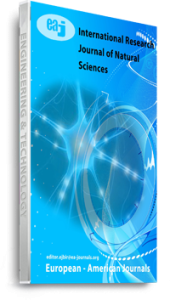Oil exploration and exploitation activities in the Niger Delta region has brought about contamination of the environment through accidental discharges and sabotage further introducing toxic hydrocarbons, such as polycyclic aromatic hydrocarbons (PAHs), into the ecosystem. The aim of this study is to achieve measurable restoration of a crude oil contaminated soil to its natural state through bioremediation technology using water hyacinth (Eichhornia crassipes) compost and spent mushroom substrate. The standard spread plate technique was used to study the growth dynamics of microorganisms. Bacillus sp (19.40%), Proteus sp (4.48%), Pseudomonas sp (13.43%), Serratia sp (4.48%), Micrococcus sp. (13.43%), Arthrobacter sp. (21.00%), and Staphylococcus sp. (23.88%) were the bacterial isolates identified whereas Aspergillus sp. (55.56%), Saccharomyces sp. (13.33%), Penicillium sp. (4.44%), Fusarium sp. (17.78%), and Rhodotorula sp. (8.88%), were the fungal isolates identified in the study. TPH reduced by 91.69% in Sterile soil +Crude oil + water hyacinth compost (SCWH), 81.94% in Sterile soil + Crude oil + Spent mushroom substrate (SCSM). All heavy metals studied had decreased concentration in the treatments within the period. This research looked into waste utilization for a cleaner environment as reckless dumping of these plant wastes constitute environmental nuisance. Cultivation of crops like groundnut, hamburger bean and mushroom farming should be encouraged as their wastes serve as potential candidate for remediation of polluted environment.
Keywords: Exploration, Polycyclic Aromatic Hydrocarbon and spent mushroom substrate, hydrocarbon

